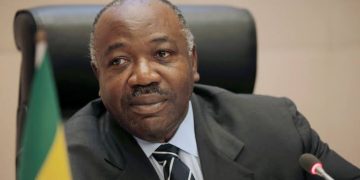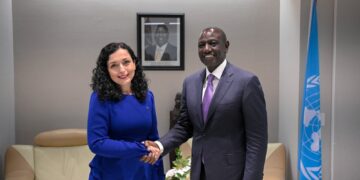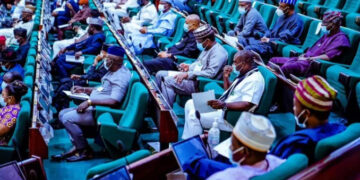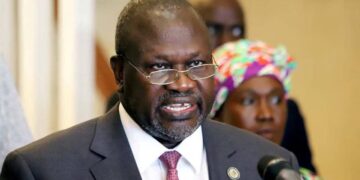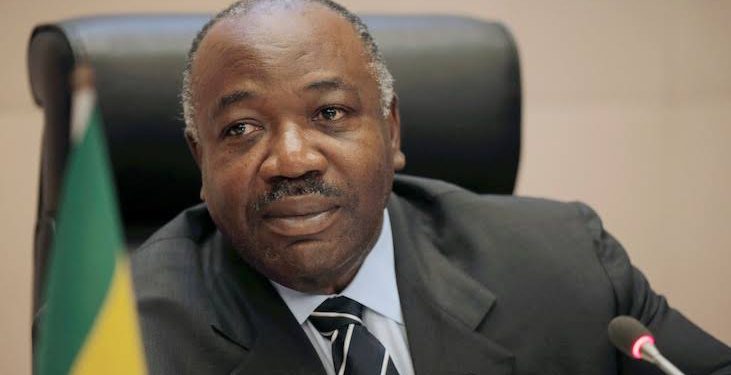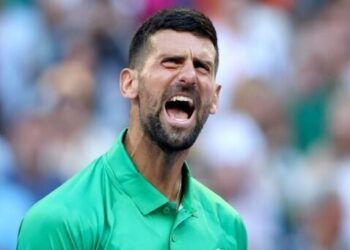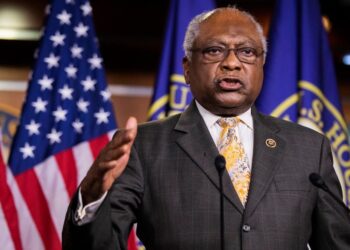By John Ikani
Gabon’s upcoming presidential election is set to be a highly contested affair, with 18 candidates vying for the top seat, authorities announced on Monday.
President Ali Bongo Ondimba who is the head of the oil-rich West African state that has been under the rule of his family for an impressive 55 years, is considered the favourite to secure a third term.
The 64-year-old leader, who assumed office in 2009 after succeeding his father, Omar Bongo Ondimba, officially declared in July his intention to seek re-election.
Among the prominent contenders vying for the top position are Alexandre Barro Chambrier of the opposition Rally for the Fatherland and Modernity (RPM) party and Paulette Missambo, the head of the National Union.
While the opposition attempted to unite behind a single candidate to challenge Bongo in the August 26 poll, the alternative comprises former ministers and members of the Alternance 2023 coalition.
With Bongo’s Gabonese Democratic Party (PDG) commanding strong majorities in both houses of parliament, the electoral landscape is undoubtedly competitive.
In the previous election of 2016, President Bongo secured a narrow victory, with only 5,500 more votes than his rival, Jean Ping, who raised allegations of election irregularities.
The announcement of the results back then triggered violent clashes in the capital city of Libreville, resulting in the death of five people, according to the government. In contrast, the opposition claimed that the security forces shot dead 30 individuals.
In 2018, Bongo suffered a stroke that led to several months of recovery on the sidelines, causing the opposition to question his fitness to govern the nation effectively.
In April, the Gabonese parliament took a significant step by voting to amend the constitution, shortening the presidential term from seven to five years.
Notably, the presidential election will coincide with the elections for the National Assembly and regional as well as local councils.
Gabon’s economic strength is highlighted by its position as one of the wealthiest countries in Africa concerning per capita GDP, primarily due to its oil revenue and a relatively small population of 2.3 million.
However, despite this prosperity, a substantial portion of the population, around one-third, continues to live below the poverty threshold, according to the World Bank.
